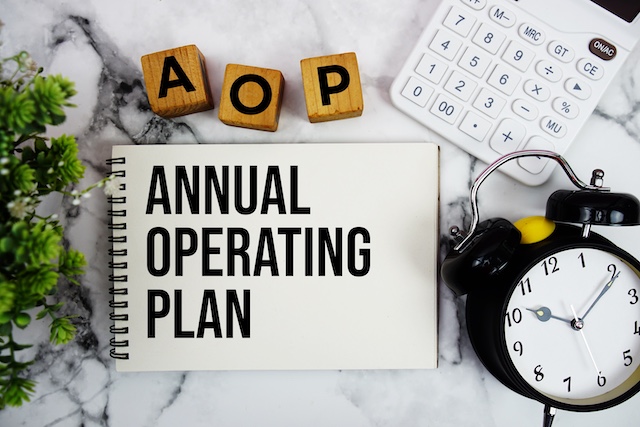What Are Group Interviews?
Group interviews, also known as panel interviews or collective interviews, are a recruitment method where multiple candidates are assessed at the same time by one or more interviewers. This format allows employers to observe how candidates interact with each other, solve problems collaboratively, and demonstrate their interpersonal skills alongside their qualifications.
Benefits of Group Interviews in the Workplace:
Group interviews offer several advantages for employers seeking to make informed hiring decisions. Firstly, they provide a comparative evaluation of candidates in real-time, allowing interviewers to assess not only individual competencies but also interpersonal dynamics and team collaboration potential. Secondly, group interviews can simulate work scenarios, providing insights into how candidates handle pressure, communicate ideas, and contribute to group discussions—a critical aspect for roles requiring teamwork and client interaction. Additionally, group interviews save time and resources by evaluating multiple candidates in a single session, demonstrating an efficient use of resources and time.
Examples of Group Interviews:
- Sales Team Recruitment: A retail company conducts a group interview for candidates applying for sales positions. During the interview, candidates are given a group task to role-play a customer service scenario where they must collectively address a customer complaint and propose solutions. This exercise helps assess candidates’ sales skills, teamwork abilities, and customer service orientation.
- Project Management Role: A technology firm organizes a panel interview for candidates applying for a project management position. Each candidate is asked to participate in a group discussion where they analyze a hypothetical project challenge and develop a strategy to resolve it. The interviewers observe how candidates lead discussions, delegate tasks, and collaborate to achieve consensus—reflecting their leadership and problem-solving skills.
- Teaching Position: A school district conducts group interviews for teacher candidates applying to join a new school faculty. Candidates are assigned a group activity where they design a lesson plan together for a specific grade level. The interview panel assesses each candidate’s instructional skills, creativity, and ability to work collaboratively with peers, ensuring they align with the school’s educational philosophy and teaching standards.
Conclusion:
In conclusion, group interviews serve as a valuable tool for employers to assess both individual competencies and teamwork abilities among candidates. By observing how candidates interact in a group setting, employers can make more informed hiring decisions that align with the organization’s culture and operational needs. While group interviews require careful planning and facilitation to ensure fairness and effectiveness, they offer a comprehensive evaluation approach that provides a thorough understanding of the candidates and enhances recruitment outcomes, promoting a collaborative work environment conducive to success.




